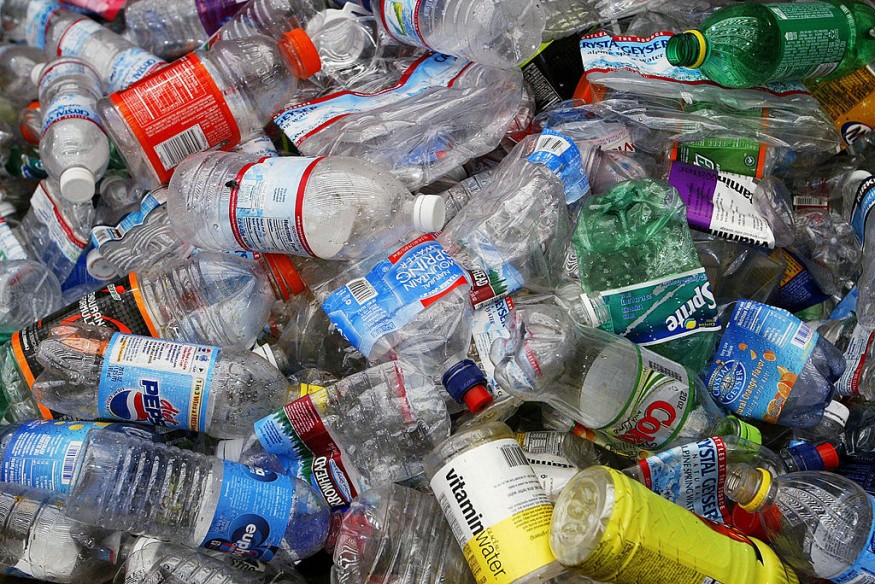According to the latest report, researchers found innovative and new ways of recycling colored plastic that can reduce the worsening problems of plastic pollution.
The growing concerns about plastics have been a significant issue that experts aim to address. Plastic pollution has affected the world's oceans and animals, showing the serious problems it brings.
Communities and countries are urged to adopt new policies that can help reduce the problems of plastic pollution.
Recently, Nature World News (NWN) reported that countries' solution-based practices and commitment could reduce plastic pollution by 80% in 2040.
One way of addressing plastic pollution is through recycling, which can look for another helpful purpose of plastic in communities.
New recycling process for colored plastics

In a new approach, researchers from Cardiff University aimed to develop a new recycling method by breaking down the colored polymers.
The research was published in Polymer Chemistry. The report can be read on Phys.org's website.
While recycling has helped address plastic concerns, it has encountered major problems in recycling colored plastics.
The study in Polymer Chemistry explained that original materials from the reprocessed plastic managed to retain.
The additives in the colored plastic material have made it more challenging to recycle, including the dyes, since the colorants in the plastics are not easy to remove, for instance in the packaging materials.
Without the new approach, recycling would become more difficult, making the recycled plastic lower quality.
According to Phys.org's report, Dr. Ben Ward explained the environmental challenge of plastics, as recycling could allow a number of times plastics can be recycled.
Once it is reached, the plastics will be thrown into a landfill or incinerated.
Dr Ward is also an inorganic chemistry senior lecturer at Cardiff University.
In addition, the additives from colored plastics could become more challenging in the recycling industry due to a possible lower-quality result.
As a result, the researchers looked into innovative ways to recycle colored plastics. The report said that the process would become helpful in dealing with plastic pollution.
Based on the study, the researchers noted the depolymerization process that can make colored plastics recyclable.
The process will isolate the monomers from colored polymers, unmaking the products in their original monomers.
The new process can make plastics more sustainable and recyclable in the future.
Artificial plastic rocks
Nature World News (NWN) recently reported the environmental risks of melted artificial rocks on coastal areas.
The study was published in Scientific Reports, showing the potential risks of uncontrolled burning of plastic materials.
According to the study, plastiglomerate can affect the oceans and aquatic animals. Plastiglomerate refers to natural beach debris and plastic materials forming like plastic rock.
Plastiglomerate can quickly go into oceans due to waves and breakdown underwater, affecting corals and aquatic animals.
Did you know? Plastics disease
The study published in the Journal of Hazardous Materials showed a new disease named Plasticosis that harms seabirds. The disease can damage the digestive systems of birds.
Seabirds can likely die or starve due to a damaged digestive system.
Related Article : Melted Plastic Rocks Cause Environmental Risks to Coastal Areas, Beaches Due to Harmful Pollutants
For more similar stories, don't forget to follow Nature News.
© 2025 NatureWorldNews.com All rights reserved. Do not reproduce without permission.





